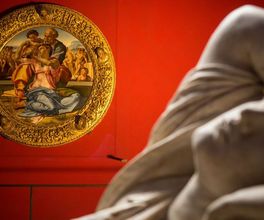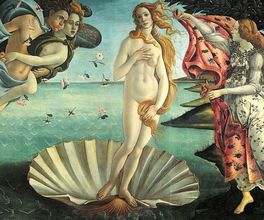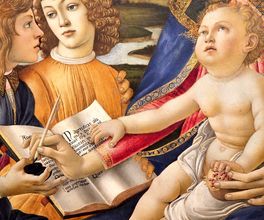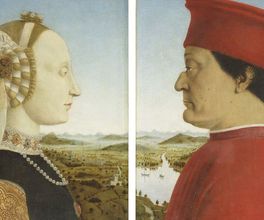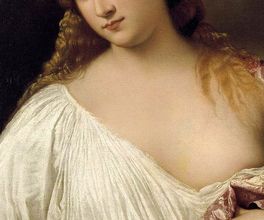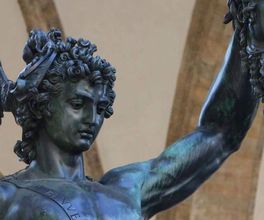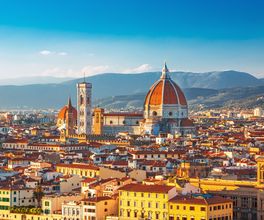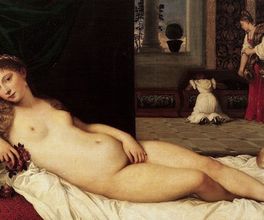




About this experience
It is impossible to understand and feel Italy without visiting one of its main museums - the famous Uffizi Gallery. During the tour, you will get acquainted with Italian paintings from the 12th to 17th centuries, from late Gothic and Giotto to the masters of the Florentine Renaissance such as Titian and Caravaggio. As an art historian, I will draw your attention to the most significant works and characteristic features of Renaissance painting, as well as the peculiarities of iconography in ancient altarpieces.
What to Expect
Over the more than three hundred years of the dynasty's history, the Medici family managed to assemble a magnificent collection of paintings, sculptures, decorative and applied art works, which became the world's first public gallery. Today, the Uffizi Gallery remains a center of attraction for art lovers from around the world and consistently ranks among the top three most visited museums in Italy.
I will talk about the development of Italian painting in the 15th-16th centuries, the new role of the artist and the commissioner of the work, the emergence of painting styles and genres. We will delve into the work of one of the most poetic masters of the Renaissance - Sandro Botticelli, as Uffizi possesses the world's largest collection of his works, and learn about the anti-classical direction that emerged in Florence in the mid-16th century. Additionally, you will see the unique decoration of the Tribune, a one-of-a-kind architectural structure that Francesco I de' Medici ordered to be built in the gallery to showcase the most valuable works of his collection.
If you wish, during the tour, we can take a break for coffee and admire the panorama of Florence from the very terrace where the Medicis watched the festivities on the main square of the city.
Organizational Details
- Additional expenses: entrance tickets and audio guides (for groups of more than 4 people)
- Tickets to the gallery must be booked at least 2 days before the tour on the museum's official website
- No tours are conducted on the first Sunday of the month (free day at the Uffizi)
